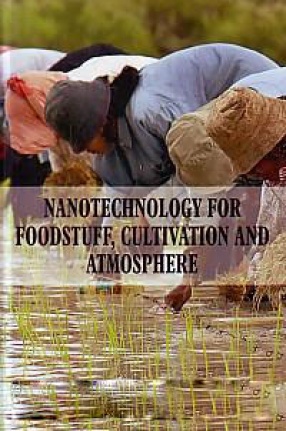
Nanotechnology

37 books

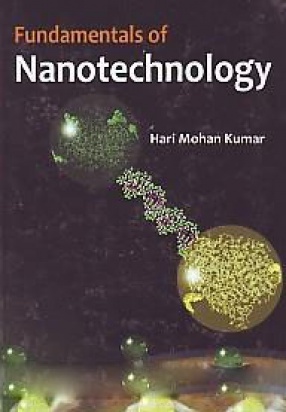
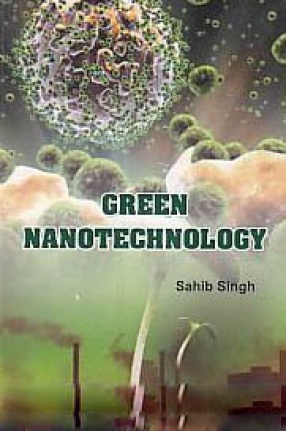
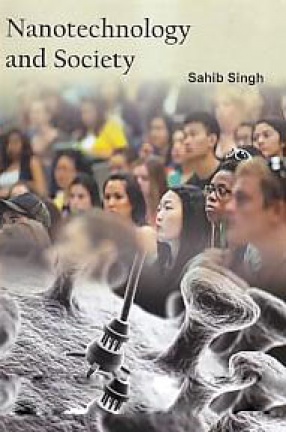
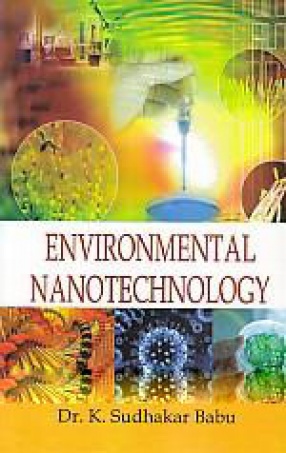
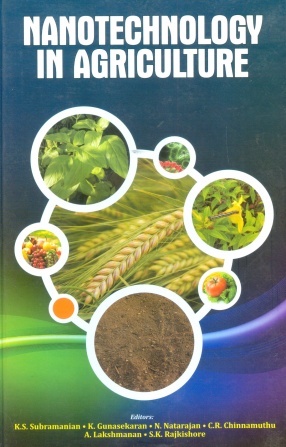
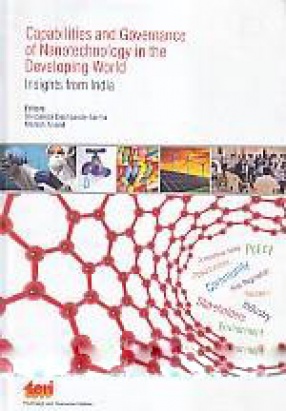
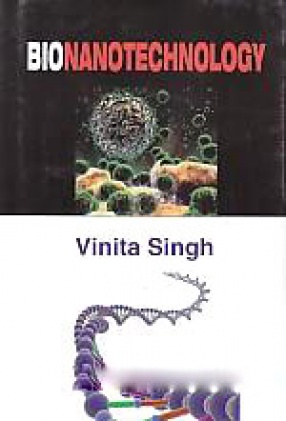
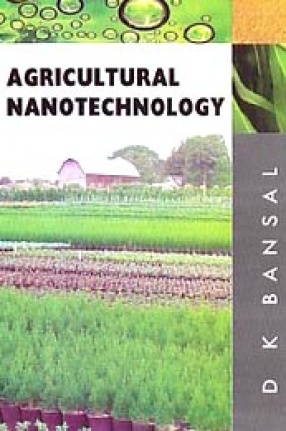
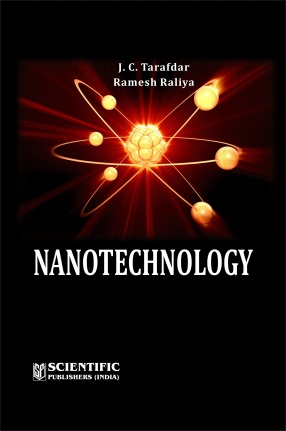
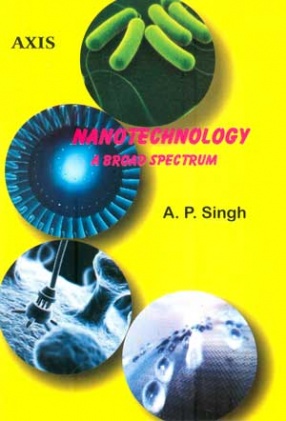
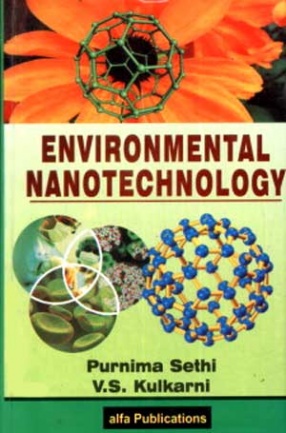
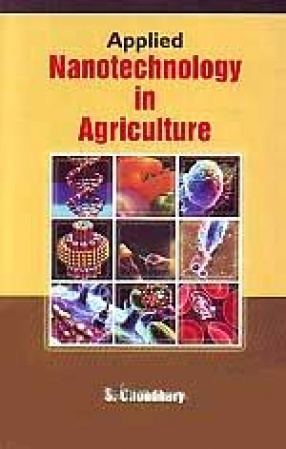
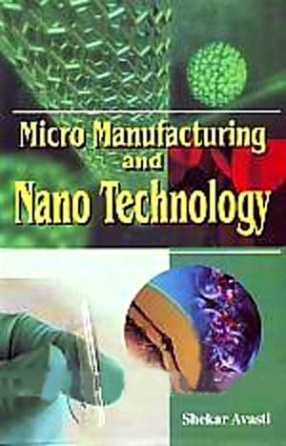
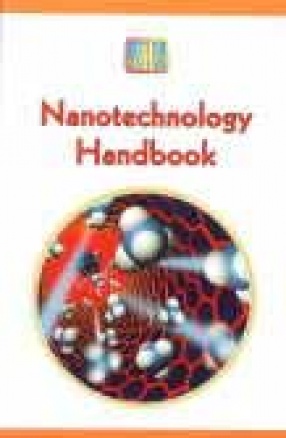
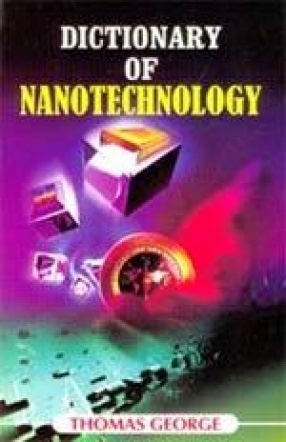
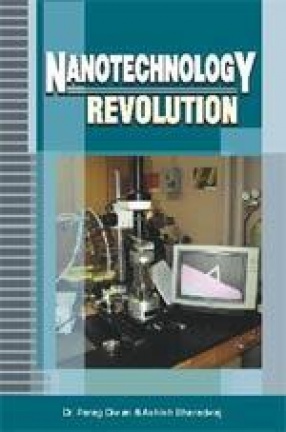






The book will be of interest to a wide readership that includes nanotechnology, agriculture, soil sciences, plant physiologists, plant breeders, meterology, food science and packaging and fisheries.
The word "nano agriculture" refers to the infusion of nanotechnology concepts and principles in agricultural sciences so as to develop processes and products that precisely deliver inputs and promote productivity without associated environmental harm.
Nano ...

The imperative for responsible innovation in the nanotechnology domain has inspired and provoked assorted views on its trajectory, potential implications as well as appropriate pathways for its development across a spectrum of stakeholders. These debates assume greater significance in the context of developing nations since harnessing the inherent potential of this transformational technology presumes the establishment of simultaneous capabilities to ...
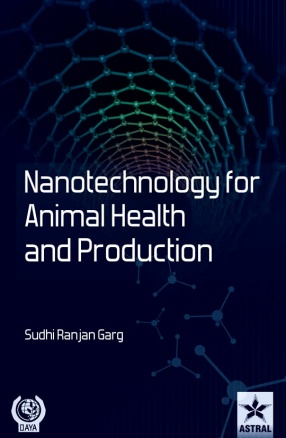
The integration of nanotechnology with biotechnology has led to great opportunities and revolutionizing technologies in biology and medicine. Targeted delivery of therapeutic agents, vaccine developments, imaging and novel diagnostic procedures have attracted prime attention of the scientists, who have been able to develop effective and validated nanoparticles and marketable products for human medicine. These developments are expeditiously extending to veterinary ...
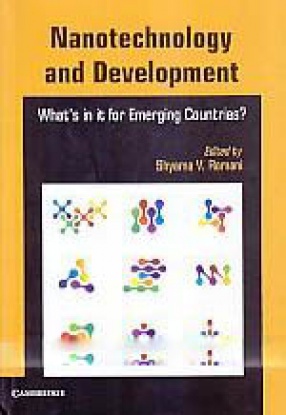

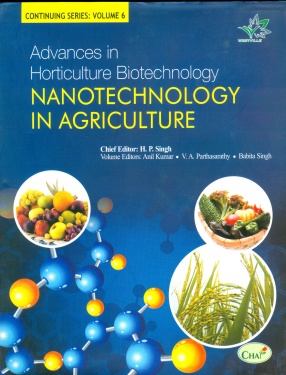
Nanotechnology is a broader term and used to describe various aspects of science and technology involved in the study, manipulation and control of individual atoms and molecules, to build machines on the scale of plant cells or create materials and products with nanoscale structures that enable novel applications. An attempt is made in this book to trace important consequences of the coming revolution in molecular nanotechnology, including consequences for the ...

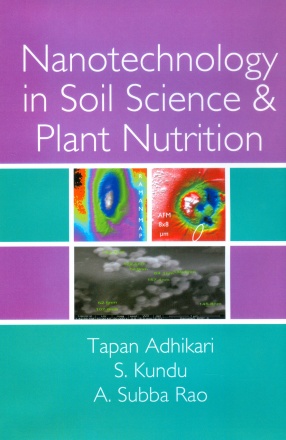
The book has 21 chapters addressing fundamentals and applied aspects of nano-technology in soil science and plant nutrition research and written by explorers of a new frontier. The interpretation of subject matter in each chapter is comprehensive, simple and lucid with relevant supporting data. This book would offer a platform for basic, fundamental and advanced learning for students. It would also be useful and informative to researchers from SAUs and ICAR ...

The approach of our book is to focus on nanoparticle characterization techniques. The chapter presented in this book mainly attempted the application aspect of production of nanoparticles and its characterization. We will be writing fifteen chapters; the first four chapters will provide the Basics of Nanotechnology including biosafety and ethical concern with nanotechnology and the remaining eleven chapters will provide the entire techniques of nanoparticle ...

Nanotechnology is the creation of functional materials, devices and systems through control of matter on the nanometer length scale (1-100 nanometers), and exploitation of novel phenomena and properties at that length scale. For comparison, 10 nanometers is 1000 times smaller than the diameter of a human hair. A scientific and technical revolution has just begun based upon the ability to systematically organize and manipulate matter at nanoscale. Nanotechnology ...

Nanotechnology the revolutionary science and art of manipulating matter at the atomic or molecular scale that has cut across such disciplines as chemistry physics biology and engineering. Despite a largely unproven track record in the environmental arena, nano technology offers great promise for delivering new and improved environmental technologies. However proliferation of nano technology could also lead to new environmental problems, such as new classes ...



Nanoscience is an interdisciplinary field that have encompassed physics, biology, engineering chemistry and computer science, among others, the prefix nano appears with increasing frequency in scientific journals and the news. Thus, as we increase our ability to fabricate computer chips with smaller features and improve our ability to cure disease at the molecular level, nanotechnology is at the doorstep. Scientists and engineers believe that the fabrication of ...
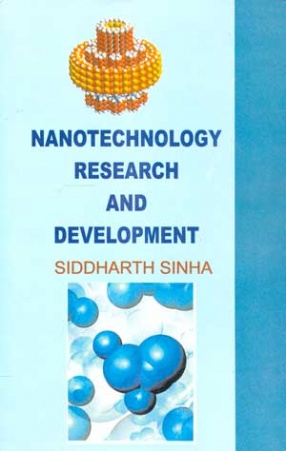
Nanotechnology is the postulated ability to manufacture objects and structures with atomic precision, literally of living cells. Nanotechnology is the manufacturing of nanoscale device, rather than just the study of objects at the nanoscale has led some Scientists to propose yet another definition. The technology will have tremendous potential as it can be developed simple applications involve the creation of new and powerful materials, perfect diamond in bulk ...
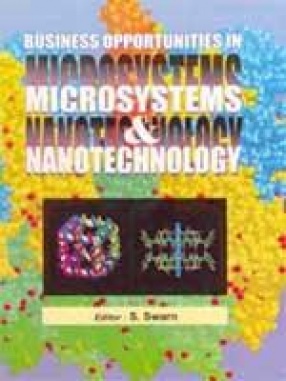
Nanotechnology, the industrial revolution of the 21st century, will have far-reaching impact on Science, Technology and Industrial Sectors worldwide. The importance of Microsystems and Nanotechnology has also been realized in India and the government of India’s Department of Science and Technology, Defence Research & Development Organization (DRDO)and Ministry of Communication and Information Technology, have allocated special funds for ...
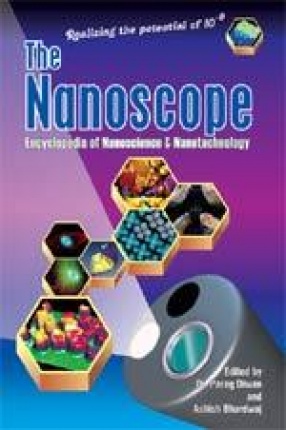
The purpose of this encyclopedia is to introduce entrants into the world of nanotechnology by focusing on certain key application areas. A substantial amount of literature exists regarding the application of nanotechnology. The material presented here is a compilation of literature available in the public domain. It has been compiled keeping the average reader in mind. Specific company and university research activities should be interpreted as examples and are ...

Nanoscience and nanotechnology are recent advancement in the field of science and technology. Nanoscience is not just microtechnology on a smaller scale; it is much more than a mere improvement on previous forms of technology. Nanoscience is a completely new production process in a molecular world, opening up possibilities far beyond what we have known before. Researches in nanotechnology have great impact on existing knowledge. And a revolution is expected in ...

Nanotechnology is often referred to as a general-purpose technology. That’s because in its mature form it will have significant impact on almost all industries and all areas of society. It offers better built, longer lasting, cleaner, safer, and smarter products for the home, for communications, for medicine, for transportation, for agriculture, and for industry in general. It is sometimes seen as “the next industrial ...
